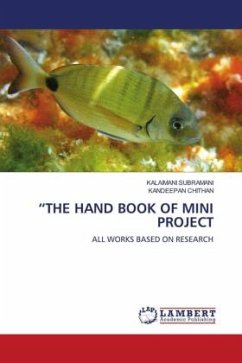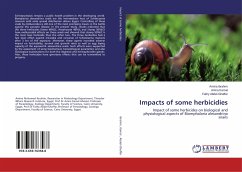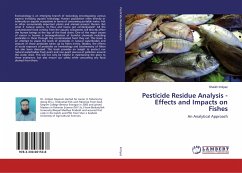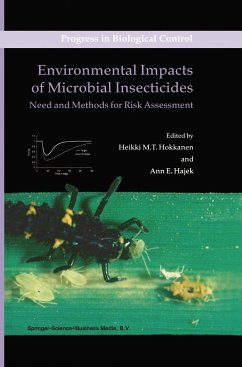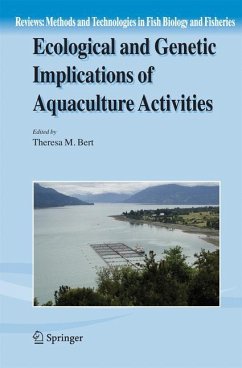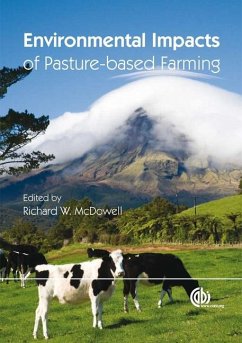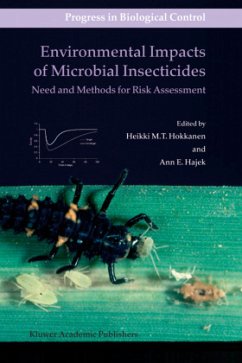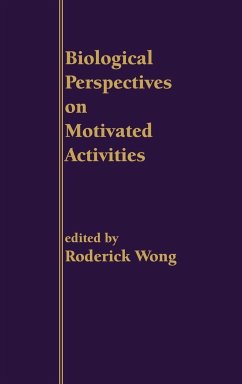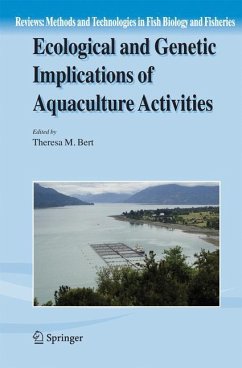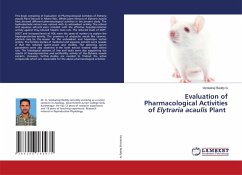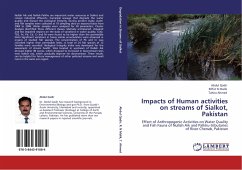
Impacts of Human activities on streams of Sialkot, Pakistan
Effect of Anthropogenic Activities on Water Quality and Fish Fauna of Nullah Aik and Palkhu-tributaries of River Chenab, Pakistan
Versandkostenfrei!
Versandfertig in 6-10 Tagen
52,99 €
inkl. MwSt.

PAYBACK Punkte
26 °P sammeln!
Nullah Aik and Nullah Palkhu are important water resources in Sialkot and receive industrial effluents, municipal sewage that degrade the water quality and disrupt the ecological integrity. During present study, water and fish samples were collected at 18 sampling sites on seasonal basis from 2004 to 2006. Water samples were analyzed for 38 parameters. Cluster Analysis identified three different classes relatively unimpaired, impaired and less impaired regions on the basis of variations in water quality. COD, TDS, Fe, Pb, Cd, Cr and Ni were found to be higher than the permissible limits Signif...
Nullah Aik and Nullah Palkhu are important water resources in Sialkot and receive industrial effluents, municipal sewage that degrade the water quality and disrupt the ecological integrity. During present study, water and fish samples were collected at 18 sampling sites on seasonal basis from 2004 to 2006. Water samples were analyzed for 38 parameters. Cluster Analysis identified three different classes relatively unimpaired, impaired and less impaired regions on the basis of variations in water quality. COD, TDS, Fe, Pb, Cd, Cr and Ni were found to be higher than the permissible limits Significant variations in heavy metals accumulation were observed in organs of studied fish species. The concentration of Pb and Cr was recorded higher than permissible limits. A total of 24 fish species of 12 families were recorded. Biological Integrity index was developed for the assessment of stream health. Sites located in upstream of Nullah Aik showed higher IBI scores, which dropped to its lowest in downstream sites near Sialkot city, which gradually improve far downstream. These results can be helpful for future management of other polluted streams and small rivers in the same eco-region.



